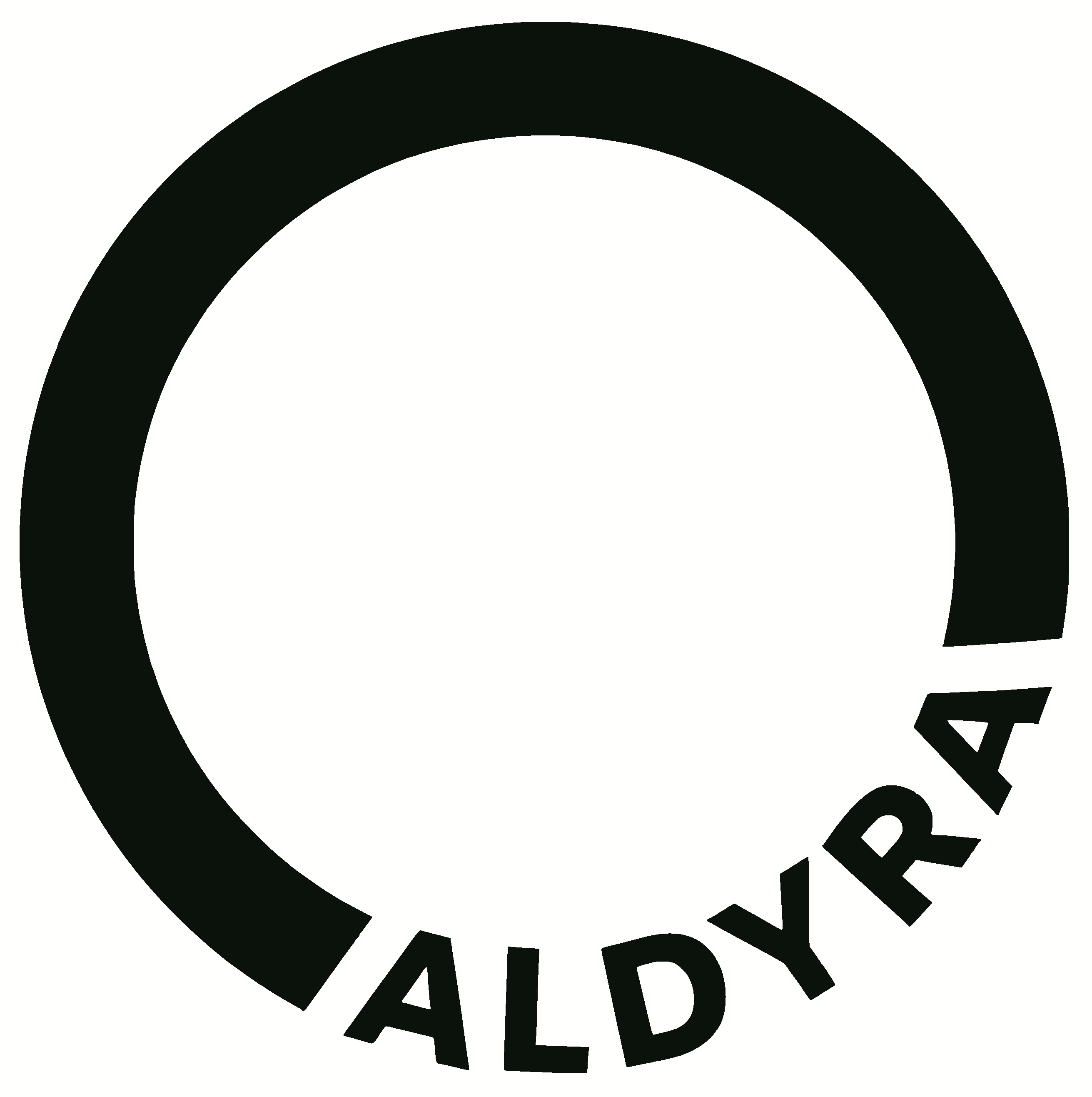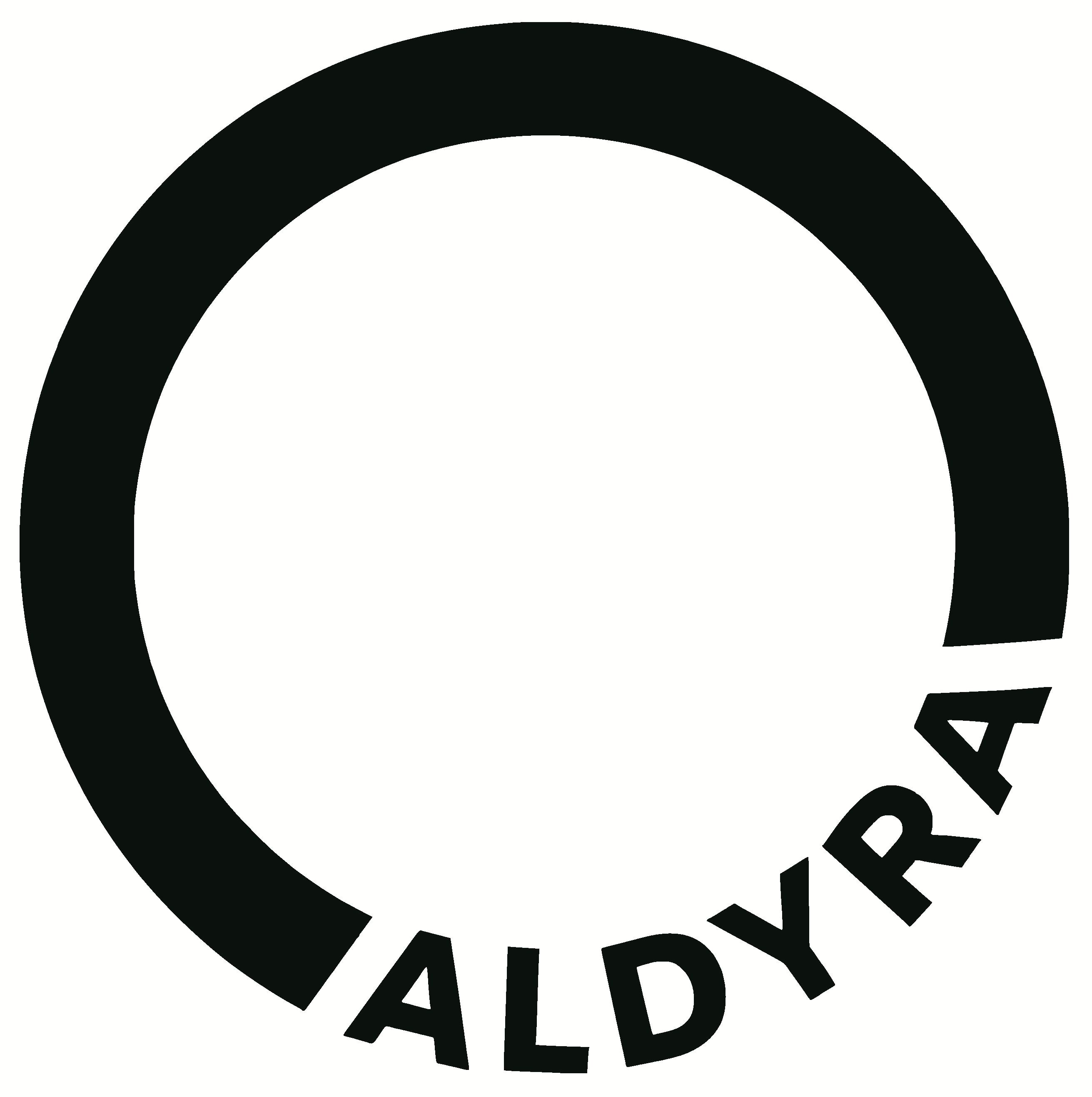Sustainability and Ethical Sourcing: New Frontiers in the Leather Goods Market
The leather goods industry stands at the crossroads of tradition and innovation, with craftsmanship remaining a hallmark of quality while sustainability gains unprecedented importance. For consumers today, purchasing leather goods is more than a fashion statement; it reflects growing awareness of the environmental and ethical aspects of production. The market has responded by blending artisanal skills with responsible sourcing and eco-friendly practices, creating products that are valued not only for style but also for their heritage and conscience.
In the face of changing consumer attitudes and regulatory pressures, the Leather Goods Market has embraced sustainability as a strategic priority. This includes the adoption of vegetable-tanned leather, bio-fabricated alternatives, and recycling techniques that refine traditional leather into products with reduced environmental footprints. By continuing to invest in research and development, brands are able to offer durable, long-lasting items that appeal to conscious buyers without compromising on design or luxury.
Consumers now seek goods that symbolize authenticity, quality, and mindful consumption. This shift is evident in the rising demand for handmade accessories that often incorporate locally sourced materials and traditional tanning methods. Meanwhile, innovation in synthetic and hybrid leathers offers new levels of versatility and eco-awareness, drawing in younger demographics who prioritize ethics alongside aesthetics.
The ongoing journey toward greener production aligns with broader industry trends in transparency and traceability. Today’s customers want to know where and how their products were made, prompting companies to use blockchain and other digital tools to verify supply chains. Together, these factors suggest a promising future for the leather goods industry, where craftsmanship and sustainability coexist harmoniously.
For a deeper understanding of market dynamics and future opportunities, exploring the latest market analysis is highly recommended.
FAQs
- What role does sustainability play in the leather goods market today?
Sustainability is key, driving innovation in materials, sourcing, and manufacturing processes to reduce environmental impact while meeting consumer expectations. - How is craftsmanship still relevant in the age of mass production?
Craftsmanship ensures quality, durability, and emotional value, appealing to consumers looking for unique, responsibly made leather products.
Browse More Reports:
https://www.marketresearchfuture.com/reports/kitchen-sinks-market-27199
https://www.marketresearchfuture.com/reports/kitchen-towel-market-33653
- Art
- Causes
- Crafts
- Dance
- Drinks
- Film
- Fitness
- Food
- Jogos
- Gardening
- Health
- Início
- Literature
- Music
- Networking
- Outro
- Party
- Religion
- Shopping
- Sports
- Theater
- Wellness


